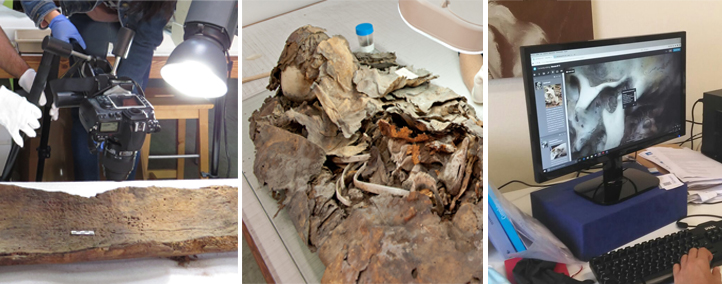Objective 1. To advance the historical interpretation of mortuary practices based on the analysis of the regularities observed in the pre-European and historical funeral ritual, but also from the study of those "unusual" behaviors (differentiated gestures and reception spaces, circumstances of death, etc.). From this perspective, issues such as identity, the construction of social memory, conflict, periods of crisis… both social models. Ob
jective 2. Analyze gender and social age roles, claiming the relevance of population segments to which history has traditionally paid less attention, such as women and children. In the case of the former canaries, the under-representation of non-adult in the necropolis requires an analysis of those remains recovered in non-cementerial environments that allow to provide information on this particular treatment and historically value such diversity. O
bjective 3. To address from a temporal perspective the historical development of the societies that are analyzed, detecting, through Bayesian analyses of dating, changes and permanences in mortuary manifestations and bioanthropological markers. O
bjective 4. Activate and visibility of the archaeological and funerary documentary heritage of Gran Canaria, socializing the new knowledge generated around it and emphasizing those records that, despite their information wealth and being part of the funds of The Canary Museum, have received little attention so far.


